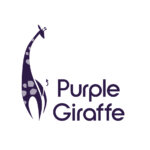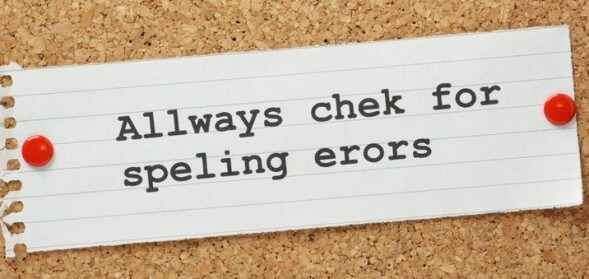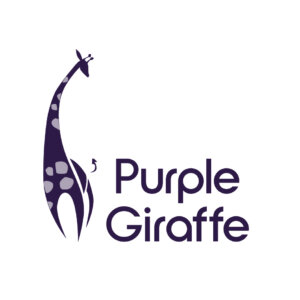A website is often the first point of contact for new customers. It should showcase your product or service and inform, educate and engage your audience in the best possible way. It’s your ‘first impression’ stage so to speak and there is no doubt that this counts.
It has been reported that the timespan for capturing attention on a website is just seven seconds!
Of course, design is in creating good first impressions but the user still has to learn what your organisation has to offer through the written word.
What impact then does it have if there are typos, spelling or grammatical errors throughout your website copy? What does your organisation’s credibility or brand stand to lose by failing to take steps to ensure its online copy is proof-perfect? And while you are at it, it’s worth considering the impact of poor spelling on Search Engine Optimisation (SEO) – will small errors affect your search-ability too?[1]
Research has been undertaken into how silly errors can affect sales. Some experts and on-line business owners believe it’s possible to identify and measure the specific impact of a single spelling mistake on sales. Charles Duncombe, who runs a range of internet-based businesses, has done just this. He experimented by intentionally misspelling a single word and saw revenue drop. Then, as soon as the mistake was corrected, conversions increased. This may be an extreme case, and also may not be as applicable or impactful in some industries where the credibility of the website or company is less in question, but for some retail industries, this reality applies. [2]
Brand and website credibility is indeed a key factor that triggers the buying impulse of a consumer. Credibility and professionalism go hand in hand. With credibility comes the ability to compete in a competitive and ever-growing market. By presenting readers with sub par content, you are putting your business at risk of losing valuable word-of-mouth marketing. Or even worse, you’ll be subject to negative word-of-mouth attention.[3]
Most business owners have websites attached to their business these days and need to consider their position on Google and other major search engines. The position a website occupies in the internet’s most popular search engines is crucial to success. Google engineer, Matt Cutts was asked whether proper grammar and spelling are key elements that determine page ranking. He highlighted the importance by responding, “We noticed a while ago that, if you look at the PageRank of a page – how reputable we think a page or site is – the ability to spell correlates relatively well with that. So, the reputable sites tend to spell better and the sites that are lower PageRank, or very low PageRank, tend not to spell as well.”[4]
Customer misspellings can also effect whether a site even appears for a particular search. Often, spelling mistakes are corrected by the search engines, either by suggestions e.g. Did you mean…? or by search results that include the correct word. However, in some cases spelling errors can lead customers to completely different businesses. For example, e-retailer, Bathrooms.com, found that amongst millions of Google searches for sweets, customers were misspelling ‘bathroom sweets’, instead of ‘bathroom suites’. Due to this common error, Bathrooms.com acquired the domain BathroomSweets.com and created a product page specifically for this sub-set of customers. Smart thinking! We have listed some of the most common spelling and grammatical errors below this article for your reference. [5]
One more point on spelling errors to consider – a study of 1700 adult online dating profiles found that 43% of users considered bad grammar unattractive and 35% found good grammar to be appealing. In other words, there’s no denying that first impressions matter and correct spelling is attractive! If your content is plagued by poor grammar and spelling errors, it’s likely that people will think twice about dating you (hehe), or more importantly, question the quality of your products or services.[6]
So, now that we have your attention in a positive way (and not through spelling errors…!), we know you will spend that extra time combing through your website content – reading and re-reading – dotting every “i” and crossing every “t”.
Make sure your potential customer’s first impression is a positive one and ensure the credibility of your business is not tainted through careless proof-reading. If this is not your skill, you may want to consider engaging a professional proof-reader to get it right. Most importantly, make certain you are not losing revenue, search engine rankings or your company’s brand credibility because of spelling errors.
Most Common Spelling and Grammatical Errors
- Mixing up “it’s” and “its”
- Mixing up “effects” and “affects”
- Misuse of “which” and “that”
- Putting apostrophes in the plurals of acronyms, for example “KPI’s” instead of “KPIs”
- Switching between singular and plural when referring to company names, for example “Westpac are” instead of “Westpac is”







